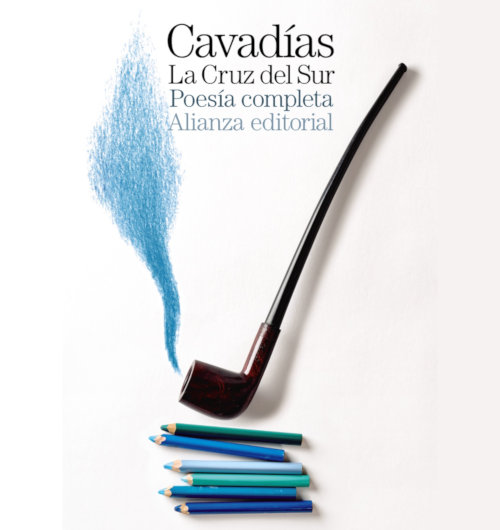UT doesn't mean University of Tennessee
Leh, Ladakh
This morning, my guest house manager stopped in his tracks at the sight of a banana on my breakfast table.
"Where did you get that?"
At the Sabzi Mandi (vegetable market), of course.
"But they are closed!"
I got it yesterday. Closed? Why?
"Today it is a strike. Strike till 2pm. The LUTF."
Ah, the Ladakh Union Territory Front! I thought they had lost steam lately....but no, they still have the ability to paralyze the city, one of the signs of political success in India.
For the past 20 years or so, many Ladakhis have been agitating for Ladakh, which is currently part of the state of Jammu & Kashmir (J&K), to be declared a Union Territory. A Union Territory in Indian politics is a sort of in between state, neither quite fish nor fowl. Pondicherry is the most famous one; also Daman & Diu, Andaman Islands, Lakshadweep Islands, and there are a few others.
Union territories are usually historically and culturally unique pocket areas within a larger state, that maintain a separate identity. The Union Territories respond directly to the Central government in Delhi, not that of the surrounding greater state. In the case of Pondicherry, for instance, they have a certain degree of autonomy separate from surrounding and dominant Tamil Nadu.
I went out into the quiet, peaceful, empty streets. There were more policemen than civilians on the road. All the shop shutters (metal gates that pull down from above like garage doors) had been "downed." Shucks, there were more shops open on Eid day than there were this morning.
I asked the police officers when the strike would finish. One said "three pm," another just down the block said "2pm." It turned out the strike was a way to force everyone (more or less) to attend the LUTF speeches at the Polo Ground. So I headed toward the Polo Ground, the big open-air space where most public events are held here in Leh.
Several thousand people in attendance, mostly seated on the dusty ground in front of the concrete proscenium. Many carried cardboard placards in one hand, and spun Buddhist prayer wheels in the other. Fortunately the speaker would occasionally translate his Ladakhi words into English, so I could get the gist of them.
Essentially, the Ladakhis (at least these Ladakhis) do not feel much kinship with J&K state, and feel they have gotten the "stepmotherly treatment" from the Srinagar-based state government. Ladakh is a much larger land area than that of the rest of J&K, so this is used as evidence to rope in federal funds for the greater state. However, when it comes to dividing those funds, they feel Ladakh does not get its fair share. Also, the state government being based in Srinagar, and dominated by ethnic Kashmiris, with the official language of Urdu puts Ladakhis at a disadvantage in negotiations.
It is not a matter of Buddhist versus Muslim. There are plenty of Ladakhi Muslims, as I discovered back in August with my police story, who identify more as Ladakhi than Kashmiri.
I spoke with the LUTF leader and main speaker, who looked dignified in his maroon chuba robes. He asked me to come to the LUTF office this afternoon for a printed statement.
This is happening all over India - breakaway "aspirant states" wanting more autonomy and/or statehood status. New states are being created every few years (Jharkhand, Uttaranchal and Chhattisgarh are only about six years old, I think). The Telengana region of Andhra Pradesh has a similar movement. India's a big, diverse place and I am sure the lines have not been definitively drawn yet.
Kallidaikurichi’s Sannadhi Street: Prettiest Hotspot for Karthigai Deepam
Festival Rural Bonanza
-
[image: Traditional scenes on Karthigai Deepam festival evening in front of
Adi Varaha Perumal Temple, Kallidaikurichi]
Karthigai Deepam or Karthik Purn...
12 hours ago














No comments:
Post a Comment